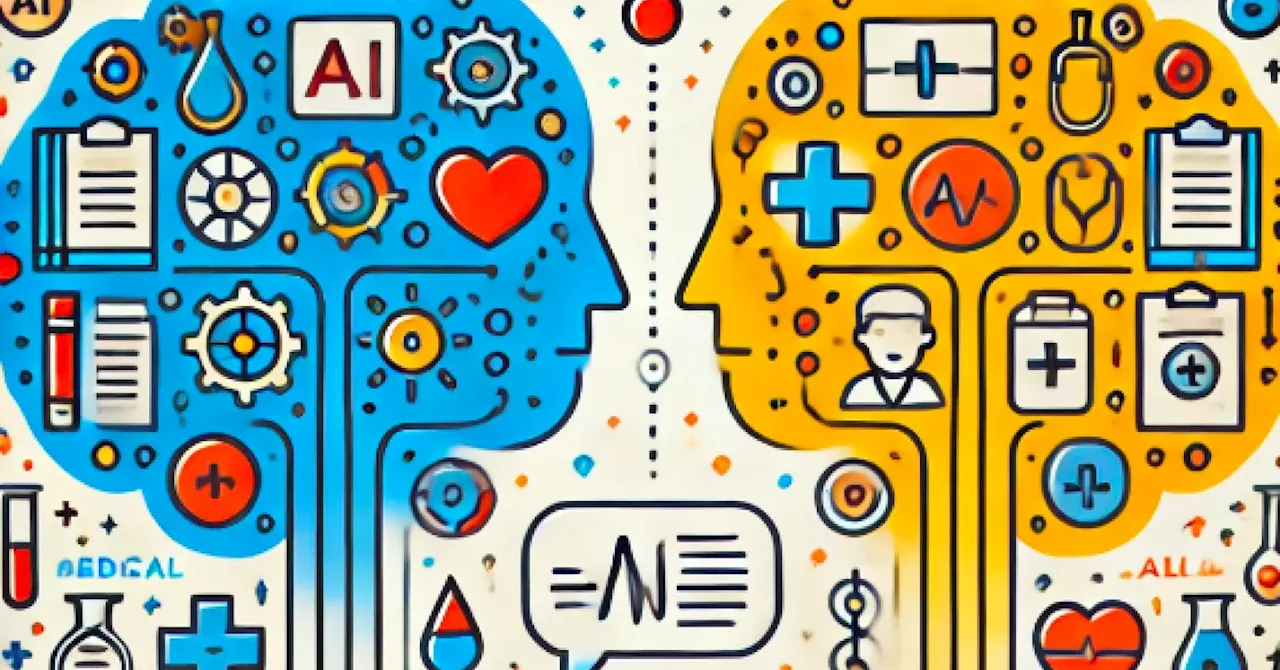As LLMs emulate thought, true cognition is still uniquely human.
Their brilliance lies in computation, making them powerful tools for amplifying human creativity.real. It’s easy to get swept up in the allure of complexity—those moments where patterns emerge that feel like they hold deeper meaning.
That struggle brought me here: to untangle the illusion of “emergence” from the reality of what these systems truly are. Because while their outputs may look intentional, even intelligent, the mechanics tell a different story. What I see is pseudo-emergence, a functional byproduct of scale and complexity, not cognition. And I must admit, I sometimes find this perspective a bit sad. Perhaps it’s because the illusion of intention feels so compelling—until you realize it’s just an illusion.
Their “emergent” abilities—reasoning, generalization, creativity—are not designed into them but arise as byproducts of scale and computational complexity. The distinction between calling LLMs “cognitive” or their outputs “emergent” is more than semantic—it shapes how we perceive and use these systems. Words matter. When we conflate computation with cognition, we risk diminishing the profound richness of human creativity—a uniquely human endeavor driven by intention, meaning, and the depth of lived experience. These are qualities no algorithm, however sophisticated, can replicate.
United States Latest News, United States Headlines
Similar News:You can also read news stories similar to this one that we have collected from other news sources.
 When training medical LLMs, specialization may not always be better.General AI models rival specialized ones in most medical tasks, proving that optimized prompts and strategic use may outpace costly domain-specific training.
When training medical LLMs, specialization may not always be better.General AI models rival specialized ones in most medical tasks, proving that optimized prompts and strategic use may outpace costly domain-specific training.
Read more »
 ChatGPT Can Tell You What Scientists Are Doing With LLMsConfused about LLM architectures? Ask a model. They’ll tell you.
ChatGPT Can Tell You What Scientists Are Doing With LLMsConfused about LLM architectures? Ask a model. They’ll tell you.
Read more »
 GenAI still lacks ‘coherent understanding of the world’: MIT, Harvard researchersFor the study, the researchers focused on a type of GenAI model known as a transformer, which forms the backbone of LLMs like GPT-4.
GenAI still lacks ‘coherent understanding of the world’: MIT, Harvard researchersFor the study, the researchers focused on a type of GenAI model known as a transformer, which forms the backbone of LLMs like GPT-4.
Read more »
 How AI tools illuminate humanity’s creative and cognitive potential.LLMs are transformative tools that enhance human creativity and thought, offering new ways to imagine, create, and connect with the world around us.
How AI tools illuminate humanity’s creative and cognitive potential.LLMs are transformative tools that enhance human creativity and thought, offering new ways to imagine, create, and connect with the world around us.
Read more »
 Study identifies strategy for AI cost-efficiency in health care settingsA study has identified strategies for using large language models (LLMs), a type of artificial intelligence (AI), in health systems while maintaining cost efficiency and performance.
Study identifies strategy for AI cost-efficiency in health care settingsA study has identified strategies for using large language models (LLMs), a type of artificial intelligence (AI), in health systems while maintaining cost efficiency and performance.
Read more »
 IBM’s New Granite 3.0 AI Models Show Strong Performance On BenchmarksIBM continues to increase the variety and performance of its Granite AI LLMs, as shown by Hugging Face benchmark results for the new Granite 3.0 2B and 8B models.
IBM’s New Granite 3.0 AI Models Show Strong Performance On BenchmarksIBM continues to increase the variety and performance of its Granite AI LLMs, as shown by Hugging Face benchmark results for the new Granite 3.0 2B and 8B models.
Read more »
